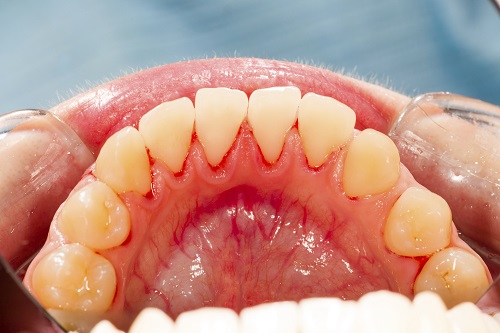There is a significant link between periodontal disease and heart disease. Research has shown that there is a two-way correlation between the two diseases. Poor oral health can increase your risk for heart disease, and heart disease can increase your risk for periodontal disease. This blog post will explain the link between these two diseases in more detail. It will explore ways to improve your oral health and reduce your risk of developing heart disease.
How Can Heart Disease Be Linked To Periodontal Disease?
There are a few ways that heart disease and periodontal disease can be linked. One way is that the bacteria that cause periodontal disease can enter the bloodstream and travel to your heart, where they cause an infection. Another way is that inflammation from periodontal disease can increase the risk of developing heart disease. Inflammation is a significant factor in both periodontal disease and heart disease. When inflamed, the body produces substances that can damage the arteries and lead to heart disease. Inflammation from periodontal disease can also make it harder for the body to fight off infections, increasing the risk of developing heart disease.
Brushing
The primary step in preventing gum disease is to practice good dental hygiene. It means brushing your teeth twice a day and flossing once a day. Ensure to get a toothbrush with soft bristles and replace it every three months, or sooner if the bristles become frayed. Toothpaste that contains fluoride can also help prevent gum disease. Fluoride is a mineral that helps make tooth enamel stronger.
Flossing
In addition to brushing, you should also floss your teeth once daily. Flossing eliminates plaque from areas your toothbrush can’t reach, such as between your teeth. It’s essential to floss gently so you don’t damage your gums.
Periodontal disease is a dental infection of the tissues surrounding and supporting your teeth. Periodontal disease can lead to tooth loss if you don’t treat it. Call our clinic today for an expert assessment of your teeth.









